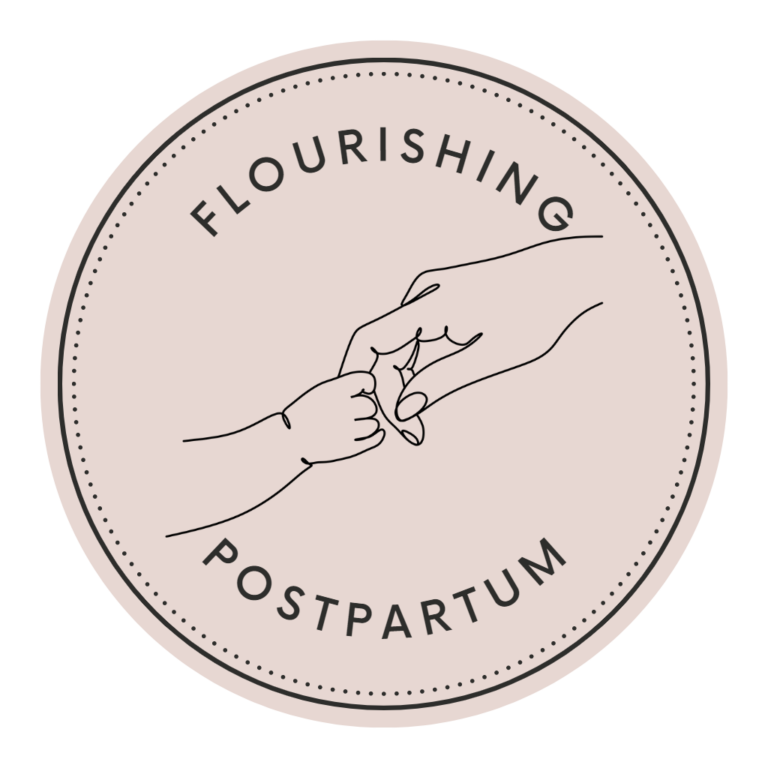
How To Spot Birth Trauma

My Story of Birth Trauma
After Evie and Poppy quickly entered this world, I thought how I felt was normal. Flashbacks to the birth, waking up in the middle of the night playing out moments leading up to the birth, fantasizing about making one small change prior to birth that would create a new outcome, not being able to talk about or even see birth in a show without crying. I felt shame about how my babies came into this world. Was angry at all the people who had the information wrong. This is something that would haunt me for many years until I was able to understand it was birth trauma and talk about it. I don’t think my story is unique. A lot of mamas plan for their birth or have a vision of how it will go only to have that dream shattered and trying to pick up the pieces after it is all over.
There will be people that will say, oh but the baby is healthy that’s the most important piece. Except they’re forgetting about the mama, the person who birthed the baby. The one who experienced the birth trauma.
Recognizing Birth Trauma
Birth trauma can affect new mamas in a big way. It might be emotional or physical. In order to heal, you first need to recognize the signs of birth trauma. Here are some common signs:
- Flashbacks or Nightmares: Reliving the birth experience through vivid flashbacks or bad dreams.
- Avoidance: Not wanting to talk about birth or experience anything connected to it, like the hospital.
- Hyperarousal: Having trouble sleeping, feeling on edge and being startled easily.
- Emotional Numbness: The feeling of being detached from your baby, family, or friends. Or not bonding with your baby.
- Guilt or Shame: Blaming yourself for things that went wrong during the birth.
- Mood Swings: Experiencing severe mood swings, anxiety, or depression.
Steps to Heal
- Talk About It: Share your feelings with a trusted friend, family member, or therapist. Talking can be incredibly healing, I know for me, speaking with a counsellor was the one thing that helped me move past it.
- Seek Professional Help: A therapist specializing in birth trauma can provide techniques to manage your symptoms and work through your experience. This was invaluable for me.
- Join a Support Group: Connecting with other mamas who’ve had similar experiences can provide comfort and understanding. If you can’t find a local support group, look online. Preferably a group that meets up via video chat and not simply a FB group.
- Practice Self-Care:
- Rest: Make sure you get enough sleep. Ask for help if you need it.
- Exercise: Gentle activities like walking or yoga can improve your mood.
- Healthy Eating: Nourish your body with balanced meals to keep your energy up.
- Mindfulness and Relaxation: Practices like meditation, deep breathing, or gentle stretching can help calm your mind and reduce stress. I did a nightly meditation and this helped me to calm before bed and get into a deep sleep.
- Write it Down: Keeping a journal about your feelings and experiences can help process your emotions. You can also write out your birth story to help you get it down on paper.
- Bond with Your Baby: Spend time bonding with your baby. The easiest ways to do this are skin to skin, holding them close or baby massage. It can be more difficult if you feel disconnected from your baby.
- Be Patient with Yourself: Healing from birth trauma takes time. Be kind and patient with yourself as you work through your feelings. One session or one discussion won’t solve your birth trauma, but little by little you’ll move past it.
Birth trauma happened to me
Mama, if you are having any of the above symptoms and feel alone, you’re not! Other mamas have experienced the same, I am one of them. It’s not something I talk about, even now, because it still feels like I did something wrong. Or birth trauma doesn’t seem like a real thing, but it is! Very real. For those of us who experienced it or are currently navigating it, birth trauma can be intense. Plus your navigating birth trauma while trying to take care of newborn and navigate the fourth trimester, no easy feat. Mama, you’ve got this! Ask for help, seek out a professional and make sure you find the support you need.
















